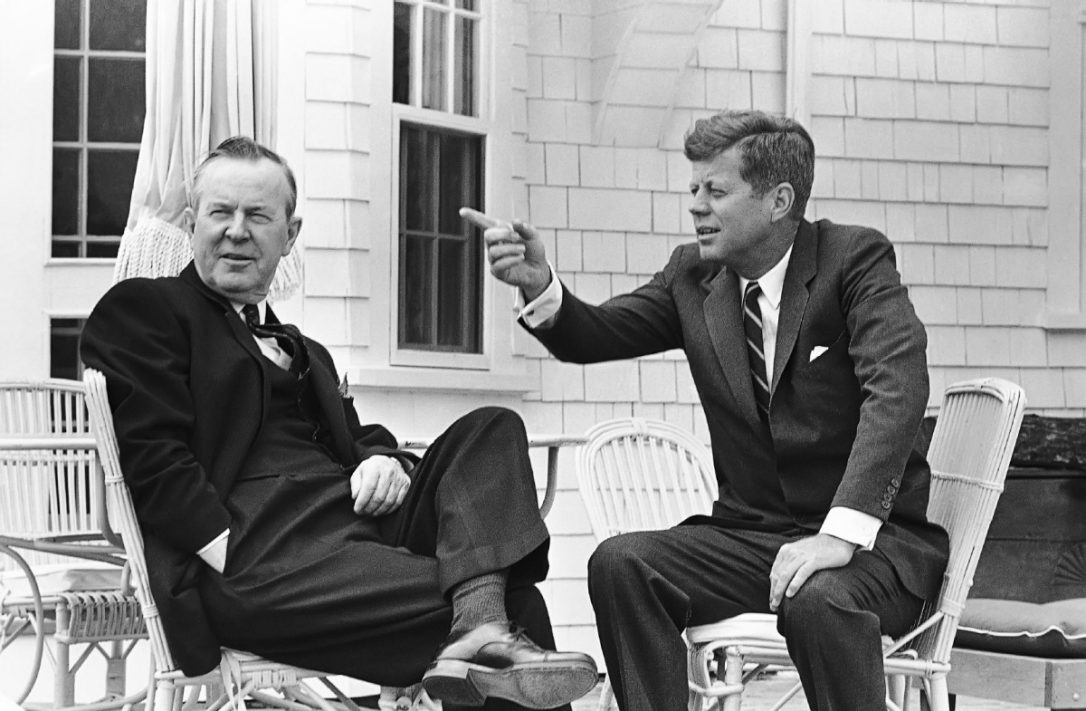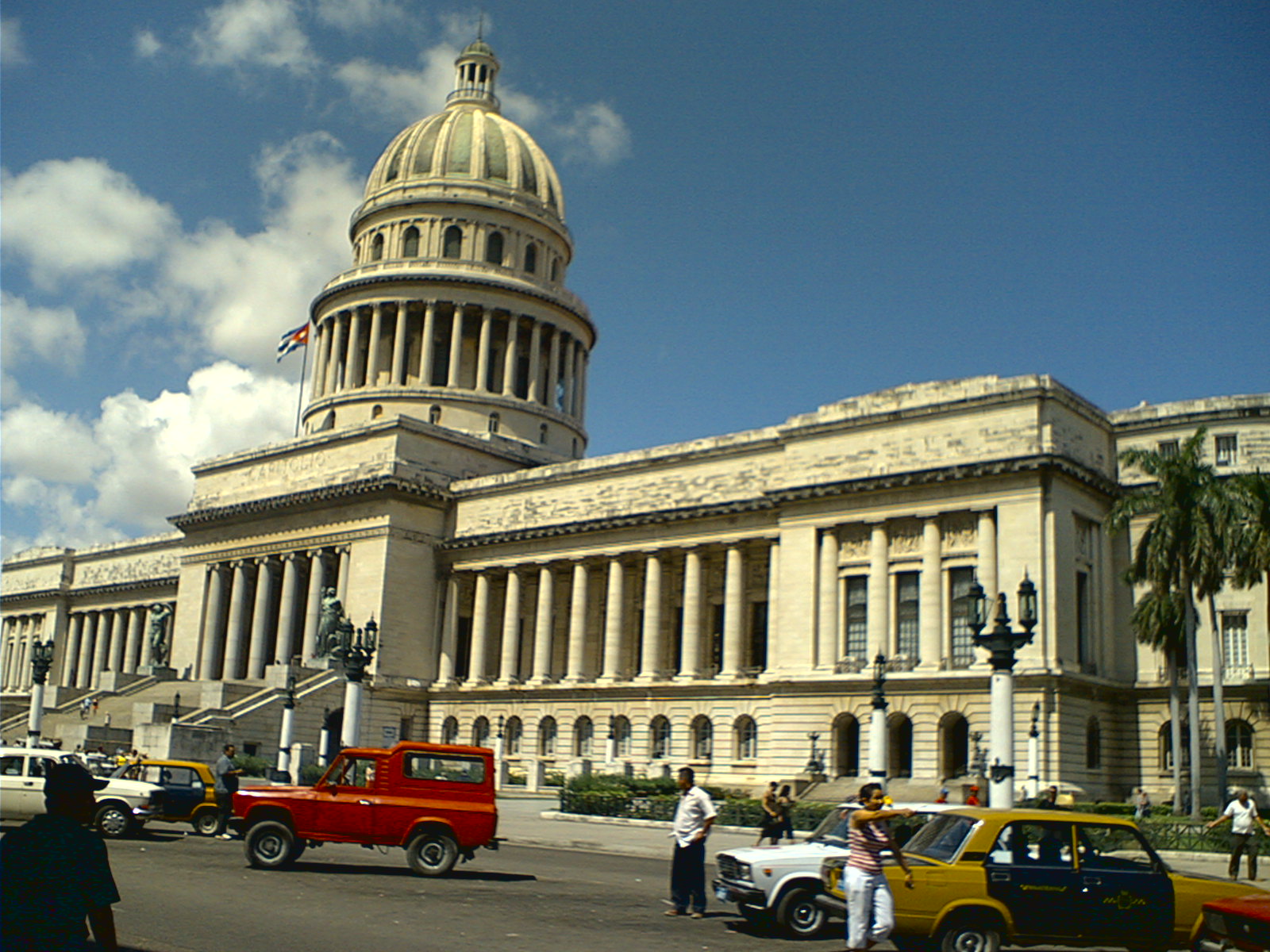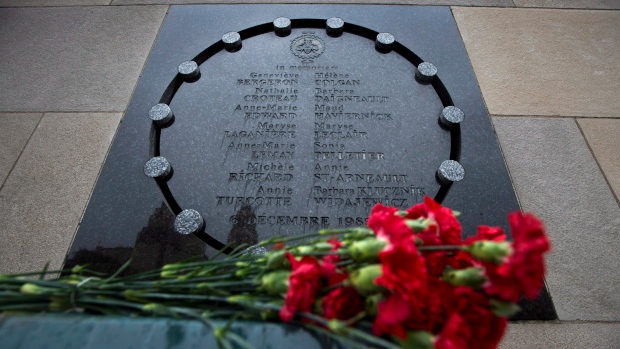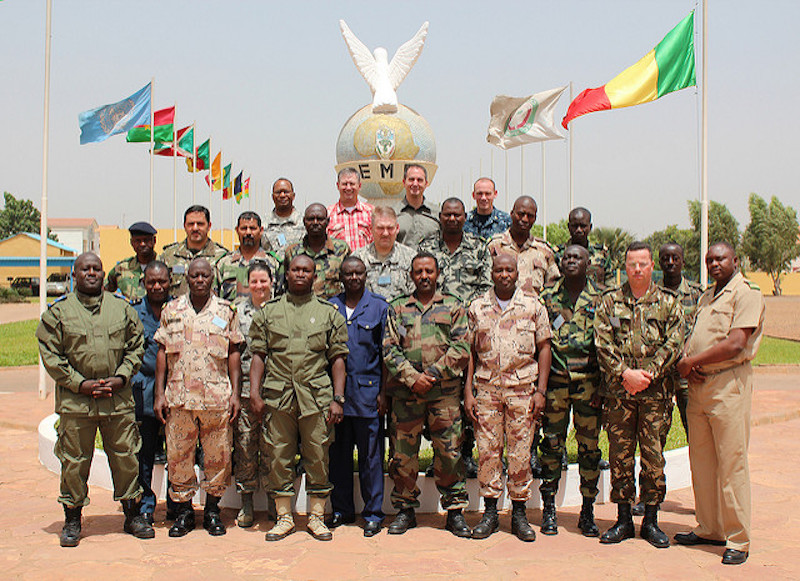Lester B. Pearson is often remembered in Canadian history as a man of peace. After all, he won the Nobel Peace Prize for his efforts during the Suez Canal Crisis. During that emergency, he pioneered the idea of peacekeeping, which was to become an integral part of Canadian identity. Pearson also had a host of other achievements; his government created the Canadian flag, passed universal healthcare, and created the Canadian Pension Plan (CPP). Pearson was devoted to multilateralism and was undoubtedly an internationalist, but he was also a realist.
Political science often draws a line between liberalism and realism. Liberalism, in international relations, is the idea that as states become more economically interdependent, the likelihood of war will decrease, as it would be too costly for all parties. Liberals facilitate this interdependence by focusing on building and strengthening international institutions, such as the UN, World Bank, IMF, and many others. Liberalism contrasts with the realist perspective that all states are fundamentally self-interested and that the world of international relations is anarchic and zero-sum, in that any gains one state makes are at the expense of another, and therefore, multilateralism is less desirable.
While Pearson was indeed a proponent of international cooperation and interdependence between states, he also had a realist side. The mythos surrounding Pearson often focuses on his efforts at the UN, however Pearson was also a strong proponent of collective defence and was staunchly anti-Soviet. Pearson demonstrated this marriage between liberalism and realism in the following two quotes, the first of which is from his Nobel acceptance speech, where he stated:
“What is needed is a new and vigorous determination to use every technique of discussion and negotiation that may be available, or, more important, that can be made available, for the solution of the tangled, frightening problems that divide today, in fear and hostility, the two power-blocks and thereby endanger peace.”
And the second from his memoirs, where he spoke of the importance of NATO:
“Our firm commitment to collective action against an aggressor was the main factor in removing the greatest temptation to aggression, the hope and expectation of easy victory.”
Pearson was clearly a diplomat at heart. However, he was not naïve. He was deeply committed to diplomacy and multilateral institutions, like the UN, but also realised that “a third act in this tragedy of war will result in the peace of extinction,” and to avert this third act the Western bloc needed to maintain a strong defence.
This blending of ideologies is not to say that Pearson was hypocritical or inconsistent. His marriage of liberalism and realism is not contradictory, but was rather the cornerstone of a coherent foreign policy. Pearson’s doctrine was one of cooperation. If not global cooperation, then at least cooperation with like-minded states via organisations such as NATO.
Pearson’s worldview was borne out of the world wars; he was intimately aware of what the collapse of global order looked like, as he was stationed in London during the Blitz. In the nuclear age, the breakdown of this order would be exponentially worse. As the horrors of the world wars move farther into the past, it’s easy to forget that these multilateral institutions were designed to foster peace and security.
It doesn’t help that these institutions are actively under attack. Recently there has been a revolt against internationalism, as exemplified with Brexit and the election of Donald Trump. These populist surges illustrate that these organisations which have provided unprecedented peace are not perfect. For example, besides a noticeable blip in 2008 and again in 2014, global GDP has been steadily rising for the last half-century. Nonetheless, income inequality has also been increasing at the same time. This economic disparity and the rapid pace of change in today’s society has led many to reject the status quo, as they feel that they do not benefit from it.
It would be foolish to dismiss the populist wave, and if Pearson were able to comment on the current state of affairs, he would likely stress the need for dialogue and cooperation between the internationalists and the populists. That seems hard to imagine in the current political climate, however, if the post-War liberal order is to survive, these institutions need to change. How they need to change is beyond the scope of this piece, but the Western leaders need to work to unite its people and strengthen these international institutions. In the words of Pearson: “We must keep on trying to solve problems, one by one, stage by stage, if not on the basis of confidence and cooperation, at least on that of mutual toleration and self-interest.”
Disclaimer: Any views or opinions expressed in articles are solely those of the authors and do not necessarily represent the views of the NATO Association of Canada.




